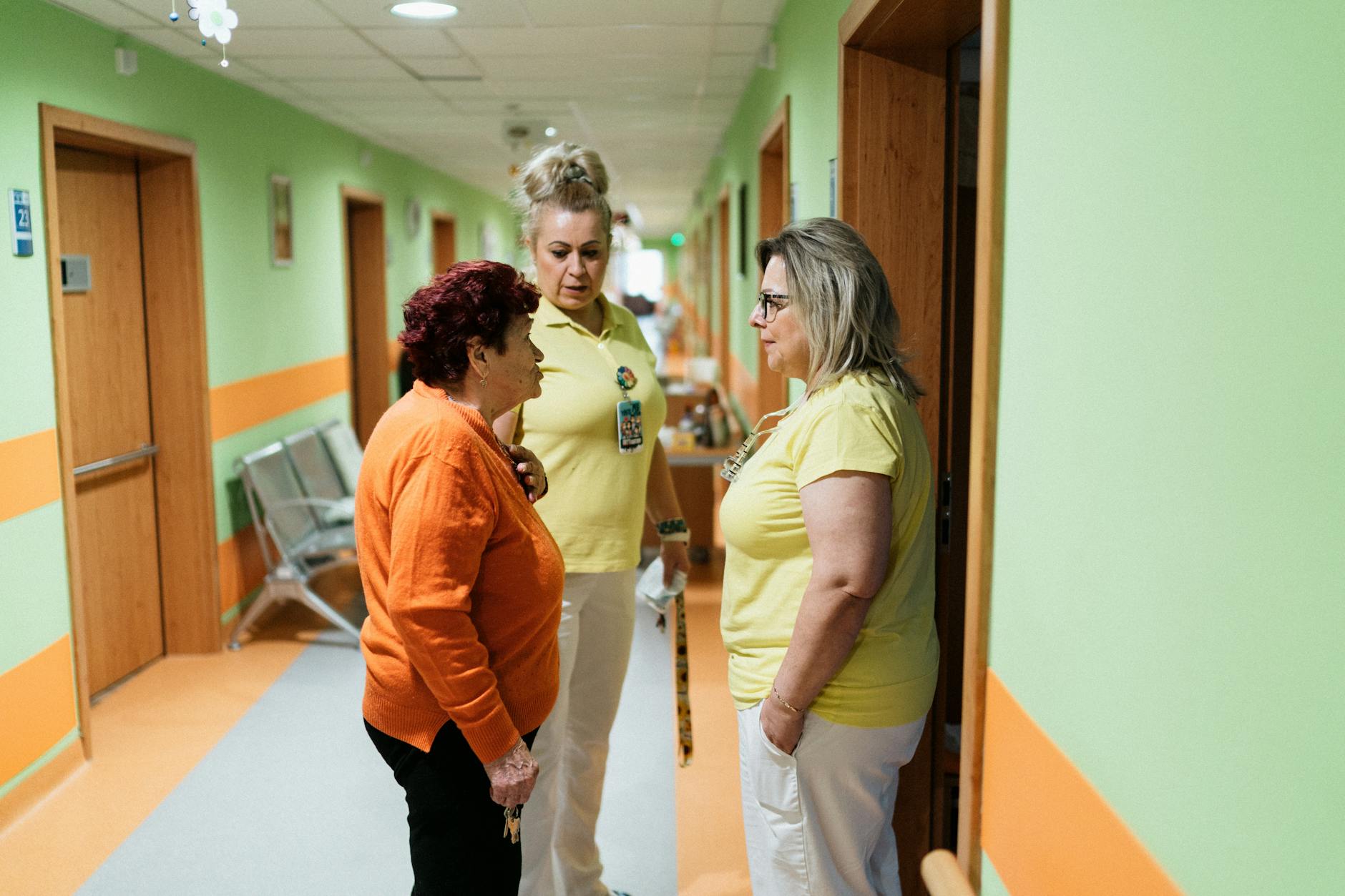Memory Care Program for Seniors: Strategies for Cognitive Wellness
As people get older, it’s normal for memory to change. But for some seniors, memory loss can become more serious, especially with conditions like Alzheimer’s or dementia. That’s where memory care programs come in.
These programs are designed to help seniors with memory problems live safely, feel supported, and stay as healthy and active as possible. Read on.
What Is Memory Care?
Memory care is a special type of care for seniors who are dealing with memory loss. It is often provided in assisted living communities or nursing homes, but some places offer memory care only.
These programs have trained staff who understand how to care for people with memory challenges. They provide 24/7 support and plan activities that are safe and helpful for the brain. Visit one of the top facilities to learn how to get the best memory care for loved ones.
How Memory Care Supports Brain Health
Here are some simple and effective ways memory care programs help seniors stay mentally and physically well:
Daily Routines
Doing the same things at the same time every day helps reduce stress and confusion. A daily schedule that includes meals, rest, and activities helps seniors feel calm and comfortable.
Brain Games and Activities
To keep the brain active, memory care programs offer games, puzzles, music, and art. These activities are fun and also help with memory, thinking, and creativity. Even simple conversations or listening to favorite songs can bring back memories and lift mood.
Physical Exercise
Moving the body helps the brain. Programs include safe exercises like walking, stretching, or chair yoga. Staying active improves blood flow, boosts mood, and helps with sleep-all important for brain health.
Social Time
Being around others is good for the brain. Memory care communities plan group activities, meals, and events to help residents stay connected. Talking, laughing, and sharing with others helps fight loneliness and keeps people thinking and communicating.
Healthy Food and Water
Eating well keeps the brain strong. Meals in memory care are made to be healthy, with lots of fruits, vegetables, whole grains, and good fats. Staff also make sure residents drink enough water throughout the day.
Personalized Care
Every person is different. Memory care programs create personal care plans for each resident. These plans focus on what the person likes, their health needs, and how much support they need each day.
Safe Spaces
Memory care buildings are made to be safe and easy to move around in. There are clear signs, locked doors for safety, and friendly spaces to relax. Some places use memory boxes or pictures to help residents remember their rooms or important moments.
Family Support Matters
Families are an important part of memory care. Visiting often, staying in touch with staff, and being involved in care plans help loved ones feel supported. It also gives families peace of mind knowing their loved one is in good hands.
Keep Your Mental Health in Top Notch
Memory care programs help seniors with memory loss live better. With routines, fun activities, healthy meals, and caring staff, these programs support brain health and emotional well-being.
Most importantly, they offer seniors a place to feel safe, respected, and loved. Let me know if you want this version adapted for print, a website, or a presentation!
If you want to read more articles, visit our blog.


Leave a Reply
You must be logged in to post a comment.